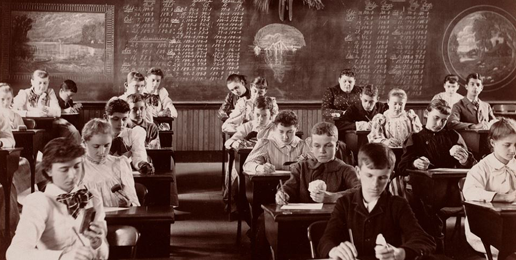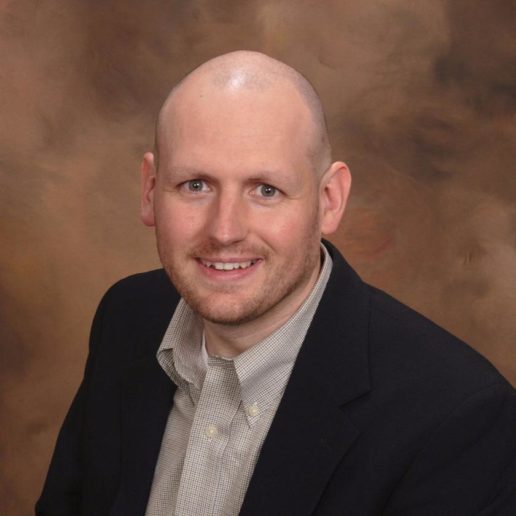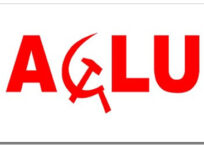
One hundred years ago, two court cases took place that are still shaping the culture of schooling in America today.
The Scopes Trial
In 1859, Charles Darwin wrote On the Origin of Species by Means of Natural Selection, or the Preservation of Favoured Races in the Struggle for Life). This book shifted the world away from a theistic view of divine creation by a personal God, to one that embraced a godless naturalism and materialism.
A hundred years ago, the theory of evolution was increasingly being taught within the government-controlled (so-called “public”) schools. In March of 1925, “The Butler Act” passed in Tennessee, making it the first state in the U.S. to officially ban the teaching of evolution in the classroom. A new legal organization, formed in 1920, called the American Civil Liberties Union (ACLU) ran an ad in the Chattanooga Daily Times seeking a teacher willing to purposefully violate the law so they could create a “test case” in the courts to question the constitutionality of the act.
Community leaders in Dayton, Tennessee seeking to create publicity for their town convinced their high school football coach, and first year substitute teacher, to teach evolution in the classroom (after the regular biology teacher refused). Scopes recruited a couple of students who agreed to accuse him in court of teaching from a state-mandated textbook that all humankind evolved from a one-celled organism. Scopes was arrested on May 7, 1925, and fined $100 (which the ACLU paid).
Scopes was such a pawn in this political chess that that in his 1967 memoir Center of the Storm, Scopes wrote: “To tell the truth, I wasn’t sure I had taught evolution.”
The ACLU vs. William Jennings Bryan
The ACLU asked renowned defense attorney Clarence Darrow (1857-1938) if he would take the case for Scopes (assisted by ACLU General Counsel, Arthur Garfield Hays). Darrow agreed to take the case pro bono (for free) once he heard that William Jennings Bryan (1860-1925) was going to act as prosecutor. Jennings, a Democratic politician who served two terms in the U.S. House of Representatives, and was appointed Secretary of State under Woodrow Wilson, had run three times for President but never won. Looking to revitalize his career, he thought the publicity from the Scopes Trial would put him back in the news.
Bryan was born and raised as a church-going Christian who believed the Bible. In a shrewd legal move, Darrow put Bryan on the stand as an expert witness in the very case he was prosecuting. Rather than realizing his limitations and recognizing the proverbial trap Darrow was setting for him, Bryan brazenly through caution to the wind and decided to represent the Christian community himself.
Upon taking the stand, Bryan confidently asserted that he had been reading the Bible for about fifty years and believed everything in it. Darrow carefully began to chip away at Bryan asking if he believed that Jonah had been swallowed by a “whale” (the Bible says a “great fish”), if Joshua made the sun stand still, there really was a global flood in Noah’s day, etc. Eventually, a tiring Bryan conceded that not all the miracles in the Bible should be taken literally. When Darrow pressed him on whether the days of creation were six literal 24-hour days, Bryan answered, “My impression is they were periods.”
At one point, Bryan became so flustered he responded, “I do not think about things I don’t think about.” To which Darrow retorted, “Do you think about the things you do think about?” The courtroom audience roared with laughter when Bryan answered, “Well, sometimes.” In short, Darrow cleverly reduced him to looking like a buffoon to the public (which was broadly published in the newspapers around the country).
Bryan had worked for two weeks on a closing speech that he was not allowed to give, and while Scopes “lost the case” in that he was found guilty (because he had clearly violated the law) and fined the $100, it was a massive public relations win for the ACLU and the cause of evolution. The main reason Bryan lost the debate (besides his ill health and slowing mental aptitude) was that he was simply not willing to stand firm on the authority of Scripture, defending the literal understanding of Genesis.
Eventually the momentum shifted, and Biblical creationism was banned in government schools around the nation.
Pierce vs. Society of Sisters
The second major court case that changed the history of education in the United States was Pierce v. Society of Sisters (June 1, 1925).
In 1852, Horace Mann introduced the first compulsory attendance laws in Massachusetts, forcing all children to attend government funded and controlled schools. Similar laws spread to every state. The Compulsory Attendance Act of 1922 in Oregon mandated all children from ages 6 to 18 must attend government schools.
Sadly, most Protestant parents and churches had simply surrendered their children to the government without much resistance. The Roman Catholics, however, did not like that fact that the secular schools were making their children…well…secular. They fought back and challenged the constitutionality of this new government monopoly in education. The U.S. Supreme Court ruled in favor of Catholics having their own parochial schools. Vital verbiage was given in the majority opinion that has been used by many other private school (and later homeschool) court cases ever since.
“The fundamental theory of liberty upon which all governments in this Union repose excludes any general power of the state to standardize its children by forcing them to accept instruction from public teachers only. The child is not the mere creature of the state; those who nurture him and direct his destiny have the right, coupled with the high duty, to recognize and prepare him for additional obligations.” ~Justice James C. McReynolds (Majority)
The Legacy
These two court cases forever changed the future of schooling in the United States.
Scopes opened the door to evolution being the exclusive and dominant viewpoint, not only in government schools, but in our entire country.
Pierce v Society opened a door that Protestants eventually (in the 1970s) walked through to start their own Christian schools, and homeschoolers (in the 1980s) used to fight for the freedom to teach their own children at home.
One hundred years later, the battle over faith in education versus government control is still waging. Today the momentum is shifting away from government controlled schools as hundreds of thousands of families are pulling their children and choosing private schools and homeschooling (many of whom teach Biblical creation). It may well be that the entire failed experiment of the existence of government schools may be something we read about as forgotten history one hundred years from now. May it be so!
























